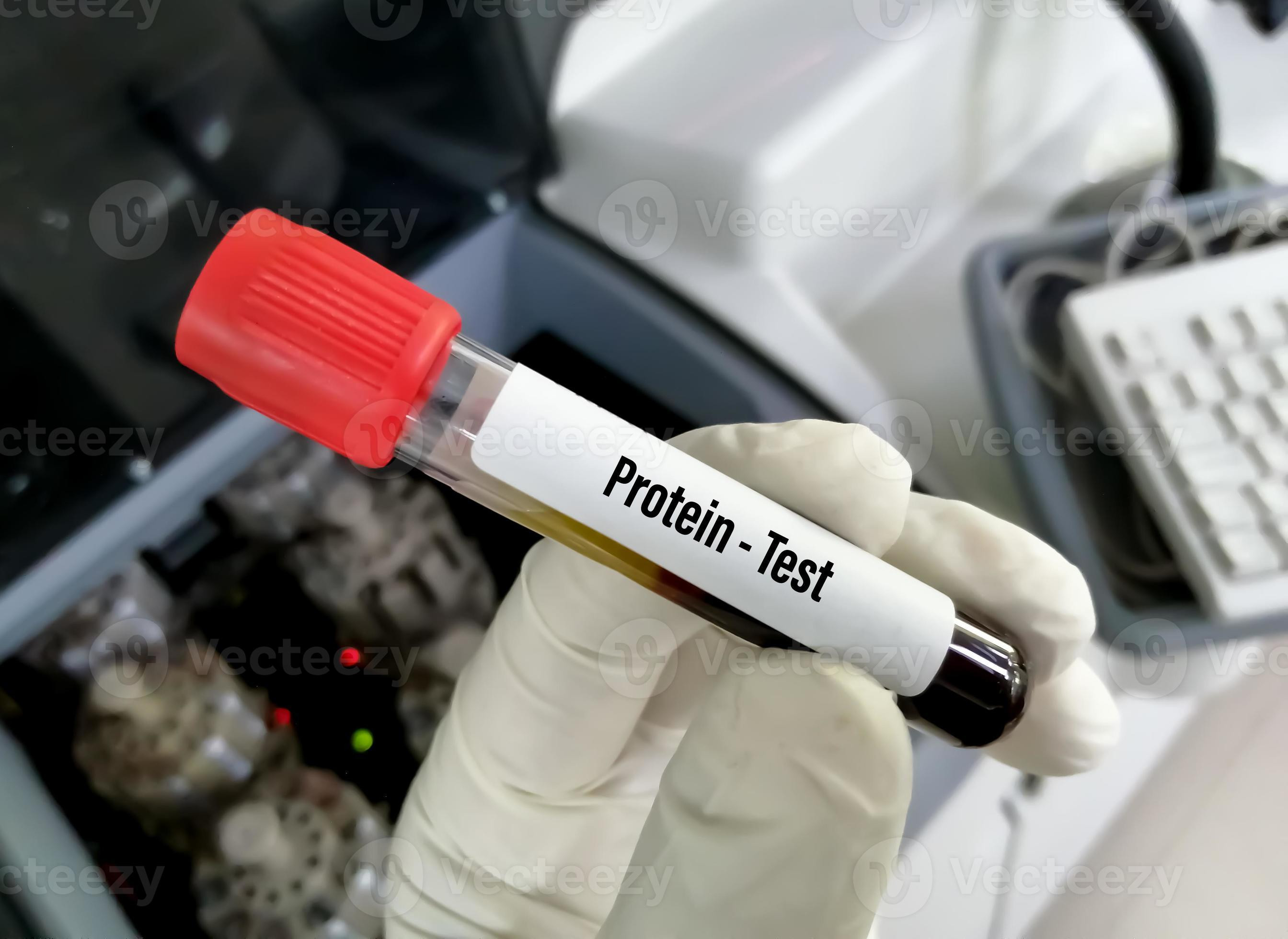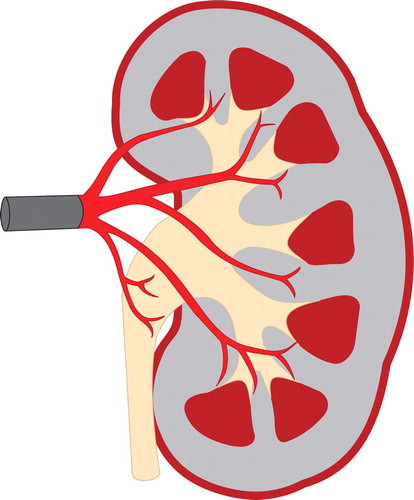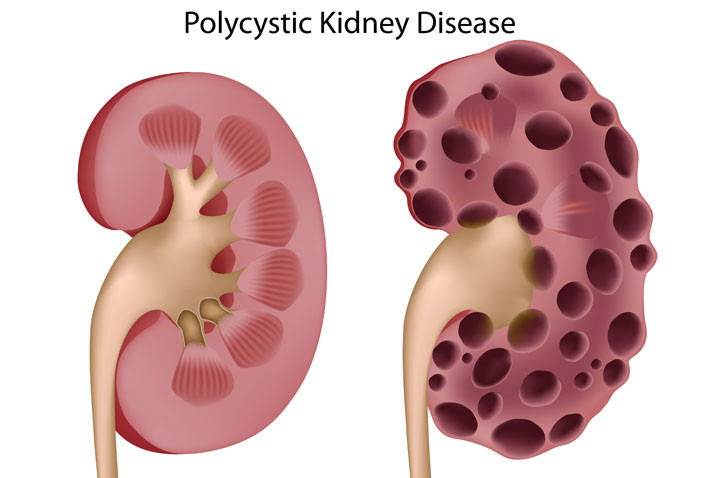Definition
Total protein refers to the total amount of protein present in the blood. Protein plays an essential role in the body by helping to maintain the health of cells and tissues. It is also necessary for growth, development, and immune system function, as well as for fighting infections and maintaining overall body health.
The body contains two main types of proteins: albumin and globulin. Albumin is produced by the liver, while globulin is produced by both the liver and the immune system. These two types of proteins have different functions and roles in the body.
Albumin has several vital functions, including preventing fluid from leaking out of the blood vessels, transporting hormones, nutrients, and other important molecules through the bloodstream, and helping with tissue growth and healing.
Globulin, on the other hand, is made up of several subtypes: alpha, beta, and gamma globulins. Some of these globulins help maintain hemoglobin stability by binding to hemoglobin in red blood cells. Other globulin proteins act as carriers, binding to chemical compounds such as iron and metals that circulate in the bloodstream.
The total protein in the blood, including both albumin and globulin, can be measured through a total protein test. This test is commonly performed during routine health check-ups to assess overall body health. It is also used to help diagnose various diseases, such as kidney disease, liver disease, and malnutrition.
This test can be conducted on both children and adults, depending on the specific condition and reason for the test. Normally, albumin levels are lower than globulin levels, but these levels can change if a person is ill.
Indication
The total protein test is often performed for the following medical conditions and purposes:
-
If you experience symptoms such as:
-
Fatigue
-
Weight loss
-
Loss of appetite
-
Nausea and vomiting
-
Blood in the urine
-
Jaundice (yellowing of the skin or eyes)
-
Swelling in the feet, legs, and abdomen
-
-
To diagnose conditions such as:
-
Liver disease
-
Kidney disease
-
Blood disorders
-
Malnutrition or poor nutrition
-
-
To assess the risk of infection in the body
-
As part of routine medical check-ups
Contraindication
There are no specific contraindications or conditions that would prevent someone from undergoing this test.
Preparation Before the Test
No special preparation is needed before performing a total protein test, and it can be done without fasting. However, it is recommended to consult with a doctor beforehand, as certain medications, such as birth control pills, hormone treatments (estrogen, progesterone, androgen), steroids, iron supplements, insulin, and painkillers like phenazopyridine, can interfere with the test results and may not reflect your true health status.
Test Procedure
For the total protein test, a blood serum sample of 0.25 to 0.5 milliliters is typically required. The blood is drawn from a vein and collected into a designated tube. Laboratory personnel will wear gloves and appropriate personal protective equipment (PPE) when collecting the sample.
Before taking the blood sample, the technician will apply an elastic band around the upper arm and clean the area where the needle will be inserted with antiseptic. Blood is commonly drawn from the crease of the elbow. Once the blood has been collected and placed in the tube, the elastic band will be removed, and the puncture site will be pressed and cleaned with antiseptic gauze. The entire process usually takes only a few minutes. The collected blood sample is then analyzed using specialized equipment in the laboratory, and the results are typically available within a few hours.
Normal and Abnomal Values
Total protein levels in the blood are measured in grams per deciliter (g/dL). The normal range for total protein is:
|
Protein |
Normal Values (g/dL) |
|
Total protein |
6.4-8.3 g/dL |
Values that fall below the lower limit or above the upper limit of the normal range are considered abnormal. If the total protein value is below 6.4 g/dL, this indicates a decrease in the amount of protein in the blood. If the total protein value exceeds 8.3 g/dL, it indicates an increase in protein levels in the blood.
Abnormal levels of total protein can signal various health conditions and may require further investigation and testing by a healthcare provider.
Results and Recommendations (Follow-up Tests)
Normal Levels
If your total protein test results fall within the normal range, this indicates that the total amount of protein in your body is balanced and in good health. You are not experiencing a deficiency or excess of protein. To maintain this healthy state, it is important to continue living a balanced lifestyle, which includes regular physical activity, a nutritious diet, staying hydrated, getting enough rest, managing stress effectively, and avoiding smoking and excessive alcohol consumption.
High Levels
If your total protein test results are above normal, this suggests an increase in the total amount of protein in the blood. Several medical conditions can cause an elevation in total protein, including:
-
Chronic liver infections or inflammation such as hepatitis B and C
-
HIV infection
-
Spinal cord cancer (multiple myeloma)
-
Dehydration
-
Kidney disease
However, the total protein test alone cannot definitively diagnose the underlying condition. Additional tests are required to confirm the diagnosis, such as a complete blood count, albumin/globulin ratio test, albumin and globulin count test, liver function tests, kidney function tests, electrolyte tests, and HIV rapid tests. The doctor will also consider your medical history, symptoms, and the results of a physical examination.
Low Levels
If your total protein test results are below normal, it means that the total protein in your body is low, which could indicate a health issue. Several medical conditions can cause the body to lose protein, including:
-
Bleeding
-
Nutritional deficiencies (malnutrition)
-
Impaired absorption in the digestive system (e.g., inflammatory bowel disease)
-
Extensive burns
-
Liver disease
-
Kidney disease (e.g., glomerulonephritis)
-
Congenital deficiencies in globulin protein
-
Post-surgery recovery
However, the total protein test alone cannot confirm a diagnosis for these conditions. To further investigate the cause of low protein levels, your doctor will typically recommend additional diagnostic tests, such as albumin protein tests, globulin protein tests, the globulin/albumin protein ratio, liver function tests, kidney function tests, and abdominal ultrasound.
Consult the Right Doctor
If your total protein test results are abnormal—either high or low—it indicates an underlying health issue. It is important to consult a general practitioner or an internal medicine specialist for further evaluation. The doctor will perform a thorough examination and determine the next steps in the diagnostic process.
Looking for more information about laboratory, radiology, and other examination results? Click here!
- dr Hanifa Rahma
Total Protein Test – NHS UK. (2022). Retrieved 16 July 2022, from https://www.nhs.uk/conditions/total-protein-test/
Total Protein and Albumin/Globulin (A/G) Ratio – Medline Plus. (2021). Retrieved 16 July 2022, from https://medlineplus.gov/lab-tests/total-protein-and-albumin-globulin-a-g-ratio/
Total Protein – Mount Sinai. (2022). Retrieved 16 July 2022, from https://www.mountsinai.org/health-library/tests/total-protein
Total Serum Protein Test – Health Link BC. (2022). Retrieved 16 July 2022, from https://www.healthlinkbc.ca/tests-treatments-medications/medical-tests/total-serum-protein
Eske, J. (2019). What To Know About The Protein Test and Result. MedicalNewsToday. Retrieved 16 July 2022, from https://www.medicalnewstoday.com/articles/325320#what-is-it
Slightam, C. (2019). Total Protein Test. Healthline. Retrieved 16 July 2022, from https://www.healthline.com/health/total-protein#proteins
DerSarkissian, C. (2021). What Is a Total Serum Protein Test. WebMD. Retrieved 16 July 2022, from https://www.webmd.com/a-to-z-guides/what-is-a-total-serum-protein-test












